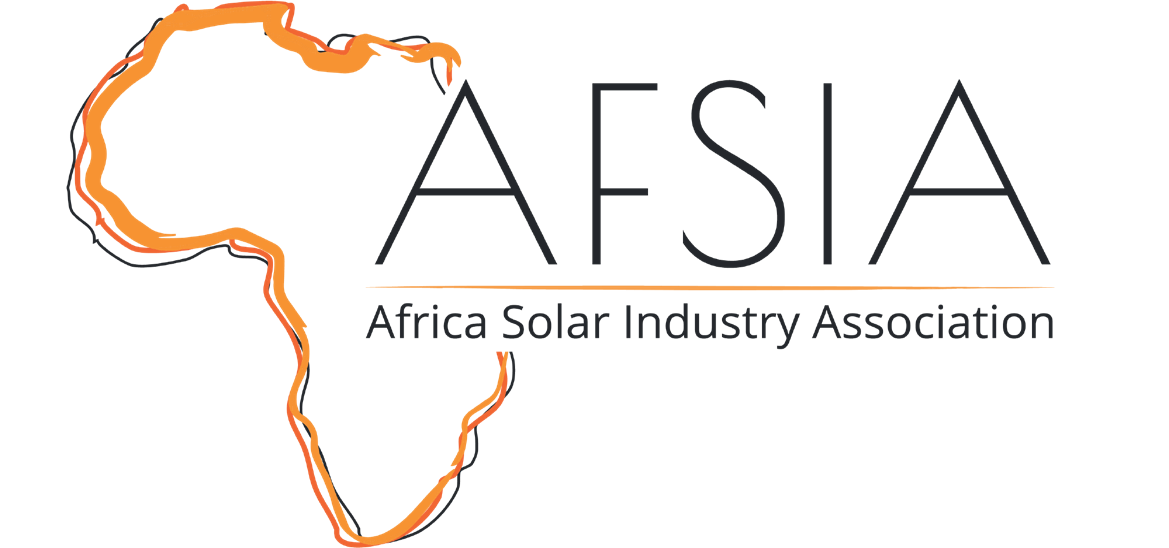Mini-grids are often presented as the least-cost option to electrify some 265 million to 380 million Africans currently lacking electricity access. Yet, this solar segment has been facing many challenges over the past decade and the anticipated roll-out of 1,000s of MGs is very far from being achieved. But things could change soon with recent breakthrough news and announcements in this solar specialty.
Two important financing agreements have made the headlines in the last few weeks. First, Husk Power announced the largest financing agreement in the history of mini-grid development with a whopping $103 million (composed of $43m equity and $60 debt). The company was followed by another important financing round, this time with ARC Power, to the tune of $10m to roll out MGs in Rwanda and connect 30,000 households. These 2 financing agreements contrast sharply with the rest of the industry which has been struggling to attract sizeable commercial funding for years. It will be interesting to analyze the recipes of success for Husk and ARC Power to understand what made them different and more appealing in the eyes of financiers.
One of the recipes of success could be based on CrossBoundary Access latest findings about MG development. In a recent report developed through the Mini-Grid Innovation Lab, the company identifies and quantifies the benefits of “network saturation”. Network saturation involves installing all overhead power distribution lines and customer connection accessories throughout a community (as opposed to the traditional approach of gradually connecting users based on their request, which helps save on initial CAPEX). According to the study, network saturation leads to faster customer acquisition (80% of community connected after 1 year, as opposed to 51% in traditional MG sites) and higher utilization rates (27% after 1 year vs. 13% in traditional MG sites). This in turns leads to an IRR increased by 1.2%, despite the initial higher CAPEX to build the entire infrastructure throughout the community. Definitely food for thought for MG developers and financiers.
CrossBoundary Access is so bullish about the potential of MGs that it even decided to share its expertise of financing MGs with the community. In partnership with the Shell Foundation, CrossBoundary Access is now open sourcing project financing tools including a project finance model and other project financing documentation later this year. These tools and documents are based on CrossBoundary’s successful financing of $80m worth of MGs in Africa over the past 6 years. The company expects this move to accelerate industry collaboration in order to attract and deploy more capital into the MG segment.
Industry organizations are also betting big on MGs. REA, the Rural Electrification Agency in Nigeria, has signed an MoU with AMDA in October to promote and accelerate the development of MGs in the country. With over 200 MGs already in operation, Nigeria already ranks 2nd across the continent (after Cameroon) but is the country with the fastest growth for MG roll-out.
Mini-grids in Nigeria will be one of the key topics addressed during upcoming AFSIA events Powerelec Nigeria from February 20 to 22 and REFA 2024 from November 6 to 8, both events taking place in Lagos in 2024.



